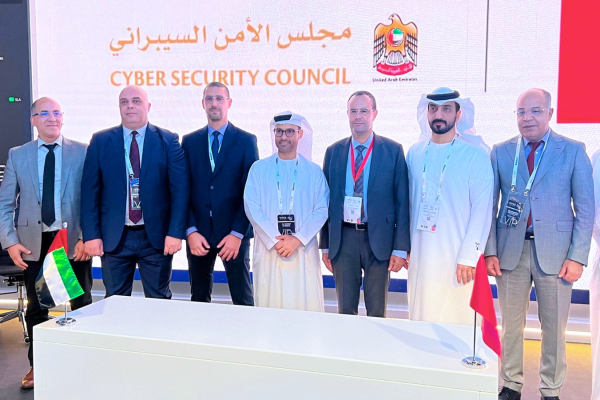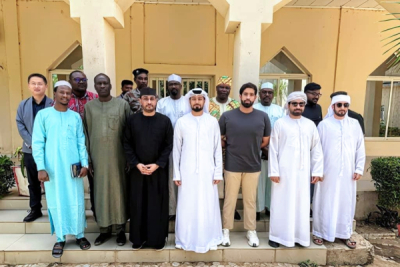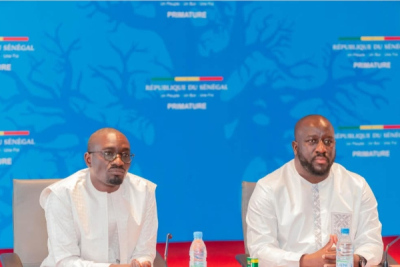In recent years, Gitex Global has established itself as one of the leading events in the global technology ecosystem where players meet and seal partnerships.
Last October 19, Morocco’s Directorate General for Information Systems Security (DGSSI) and United Arab Emirates's Cybersecurity Council signed a memorandum of understanding to strengthen cybersecurity cooperation between the two countries.
In the framework of that MoU – signed on the sidelines of Gitex Global in Dubai, the two entities will set up a joint committee to plan and oversee the implementation of various activities aimed at responding to cyber-attacks, which are constantly on the rise due to the acceleration of digital transformation. The committee will hold annual meetings as required, alternating between Morocco and the United Arab Emirates.
In recent years, Morocco has multiplied investments and partnerships to secure its cyberspace, government information systems, and public institutions, among other targets. In May 2022, an agreement was signed with Deloitte Morocco Cyber Center to promote scientific and technological research in cybersecurity. At Gitex Africa, held in Marrakech from May 31 to June 2, authorities signed a memorandum of understanding with the French company Mazars. Under that MoU, the French company will invest $7.5 million for the creation of an excellence center specializing in data analytics, artificial intelligence, and cybersecurity.
According to the International Telecommunication Union's Global Cybersecurity Index 2020, Morocco is one of the African champions in the sector, along with South Africa, Nigeria, Kenya, and Egypt. It ranks 50th internationally. It has already ratified the Budapest Convention on Cybercrime (in 2015) and also created a legal framework and specialized institutions to improve its cyberattack preparedness.
Let’s note that according to the "Cybersecurity in Africa-Call to Action" report published in June 2023 by the firm Kearney, African countries are not investing enough as mature markets do. In terms of strategy, governance, operational entities, and cross-sector cooperation, the firm concludes that the continent's ability to resist, adapt, and recover from cyberattacks is weak.
Adoni Conrad Quenum



















